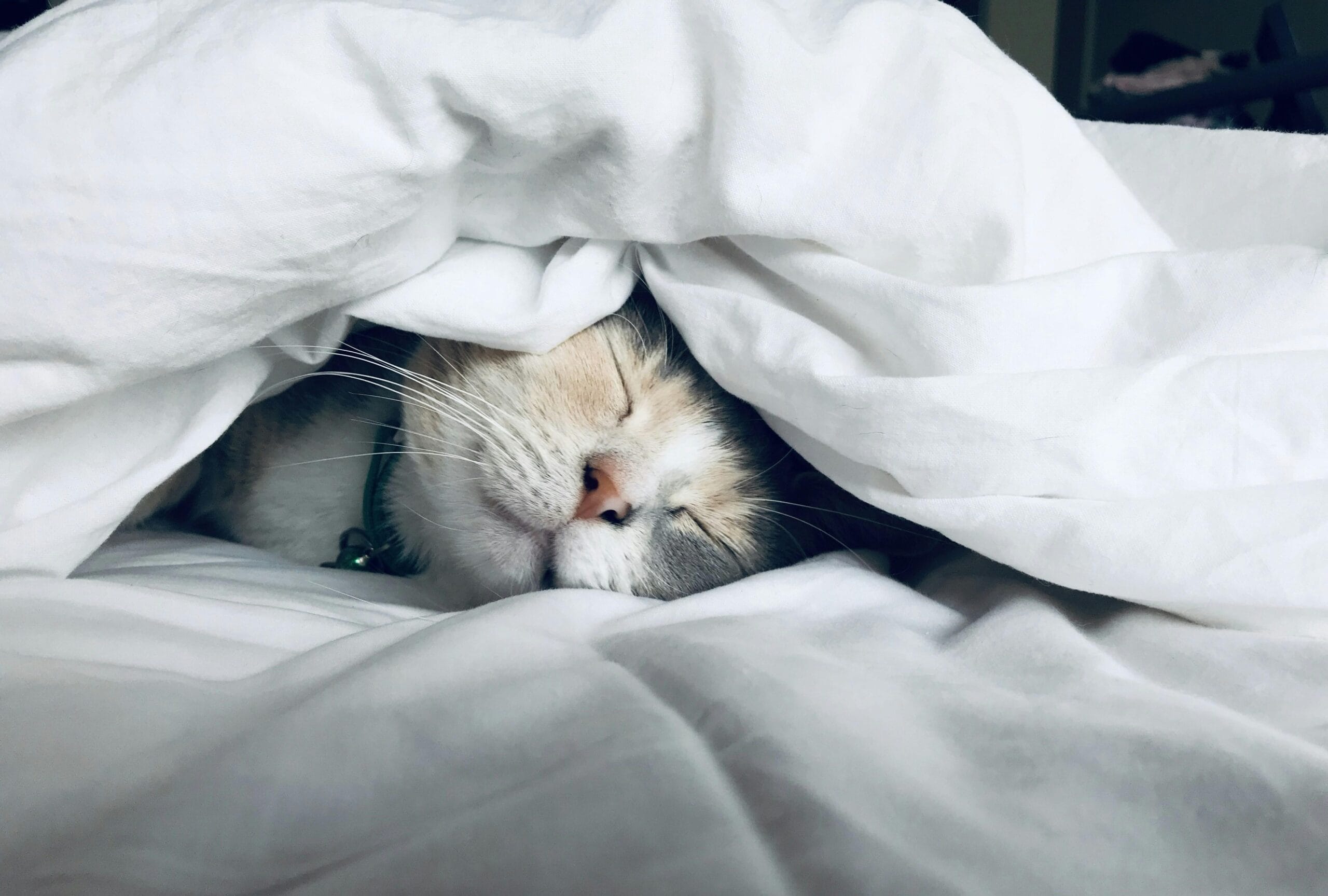How can parents create a bedtime routine for their children?
Promoting Healthy Sleep Habits in Children and Teens
Ensuring that children and teens get adequate sleep is essential for their overall health and well-being. In this article, we will delve into the importance of healthy sleep habits, practical tips for encouraging better sleep, and the numerous benefits associated with proper rest. Read on to discover valuable strategies to help your child or teen develop a healthy sleep routine.
The Importance of Healthy Sleep Habits
Healthy sleep habits are crucial for children and teens as they impact various aspects of their growth and development. Adequate sleep is essential for:
- Physical Health: Proper sleep supports a strong immune system, helps in healthy growth, and reduces the risk of obesity.
- Mental Health: Quality sleep is linked to better emotional regulation and can reduce the risk of anxiety and depression.
- Cognitive Functions: Sleep enhances memory, attention, problem-solving skills, and overall academic performance.
- Behavior: Children and teens who get enough sleep tend to have better behavior and mood stability.
Practical Tips for Encouraging Healthy Sleep Habits
Create a Consistent Sleep Schedule
Establishing a consistent sleep schedule is one of the most effective ways to promote healthy sleep habits:
- Set a regular bedtime and wake-up time, even on weekends.
- Aim for 9-12 hours of sleep for children and 8-10 hours for teens.
- Gradually adjust the schedule if needed, allowing the body to adapt naturally.
Design a Sleep-Friendly Environment
The bedroom environment can significantly impact sleep quality. Consider the following tips:
- Ensure the bedroom is dark, quiet, and cool.
- Use blackout curtains or a white noise machine if necessary.
- Remove distractions such as TVs, computers, and smartphones.
Encourage Relaxing Bedtime Routines
Establishing a calming pre-sleep routine can signal to the body that it is time to wind down:
- Encourage activities such as reading, taking a warm bath, or listening to soothing music.
- Avoid stimulating activities like video games or vigorous exercise before bedtime.
Monitor Nutrition and Physical Activity
Diet and exercise can significantly influence sleep quality:
- Avoid caffeine and sugary foods before bedtime.
- Encourage regular physical activity during the day, but not too close to bedtime.
Benefits of Healthy Sleep Habits
Proper sleep habits offer various benefits for children and teens:
| Benefit | Description |
|---|---|
| Improved Academic Performance | Rested minds are more focused, attentive, and ready to learn. |
| Better Mood | Adequate sleep contributes to emotional regulation and stable moods. |
| Enhanced Physical Health | Consistent sleep supports growth, a strong immune system, and physical well-being. |
| Reduced Risk of Behavioral Issues | Proper sleep reduces hyperactivity, impulsivity, and behavioral problems. |
Case Studies: Real-Life Examples
Here are a few case studies that illustrate the impact of healthy sleep habits:
Case Study 1: Alex, a 10-Year-Old Boy
Alex struggled with bedtime resistance and irregular sleep patterns. His parents implemented a consistent bedtime routine, focusing on a calming atmosphere and a fixed schedule. After a few weeks, Alex started experiencing better mood, improved academic performance, and fewer tantrums.
Case Study 2: Emily, a 16-Year-Old Teen
Emily faced issues with insomnia and daytime fatigue. By removing screens from her bedroom and adopting a regular sleep-wake schedule, Emily’s sleep quality improved significantly. She reported feeling more energetic, happier, and less anxious.
Conclusion
Promoting healthy sleep habits in children and teens is essential for their physical, emotional, and cognitive development. By implementing practical tips like maintaining a consistent sleep schedule, creating a sleep-friendly environment, and establishing relaxing bedtime routines, parents can help ensure their children get the rest they need. Incorporating these strategies into daily life can have lasting benefits, leading to happier, healthier, and more well-adjusted kids.
